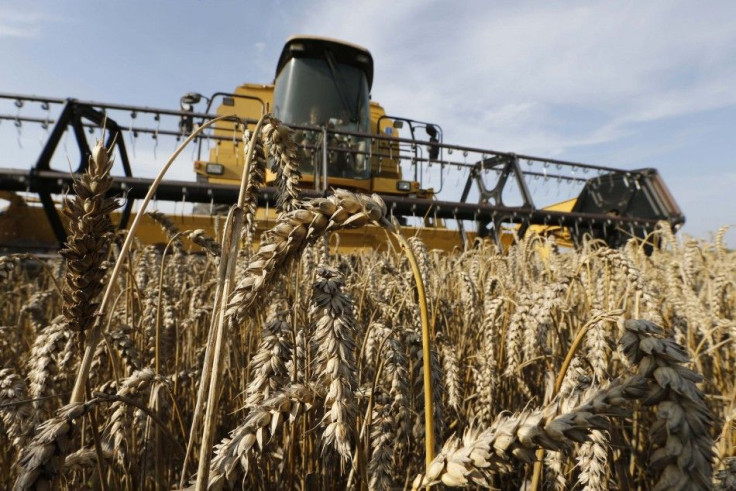El Niño Update: 2014 Threat Easing, ‘Unlikely to be a Strong Event’ – Australia BoM

The looming threat of an El Niño in 2014 is easing up and is unlikely to be a strong event should it strike during spring time, Australia's Bureau of Meteorology said on Tuesday.
The chances of an El Niño event forming in 2014 are now at about 50 per cent, the bureau said in an update on its Web site.
Early in July, the bureau had downgraded to 70 per cent from an initial 80 per cent in June the chances of the weather event pushing through in 2014.
But although downgraded further to 50 per cent on Tuesday, the BoM pointed out the event could still rule on.
"While the chance of an El Niño in 2014 has clearly eased, warmer-than-average waters persist in parts of the tropical Pacific, and the (slight) majority of climate models suggest El Niño remains likely for spring," the bureau said.
"Hence the establishment of El Niño before year's end cannot be ruled out. If an El Niño were to occur, it is increasingly unlikely to be a strong event."
BoM said some cooling has taken place in the central and eastern tropical Pacific Ocean, with most of the key NINO regions returning to neutral values.
"This clearly reduces the weather risk to east coast Australian crops as we approach the all-important spring finishing period," UBS AG commodities analyst Wayne Gordon told Bloomberg. "A good finish to the season is still yet to be guaranteed. The risks of a marked decline in spring rainfall have clearly weakened."
El Niño is often associated with wide scale below-average rainfall over southern and eastern inland areas of Australia and above-average daytime temperatures over southern Australia. Similar impacts prior to the event becoming fully established regularly occur.
Such scenario prompted the Australian Bureau of Agricultural and Resource Economics and Sciences (ABARES) to lower its 2014-15 wheat production forecast by one per cent in June. Once El Niño strikes the country, southern Australia will experience a drier-than-average winter while the rest of the country will have a hotter-than-average winter.





















